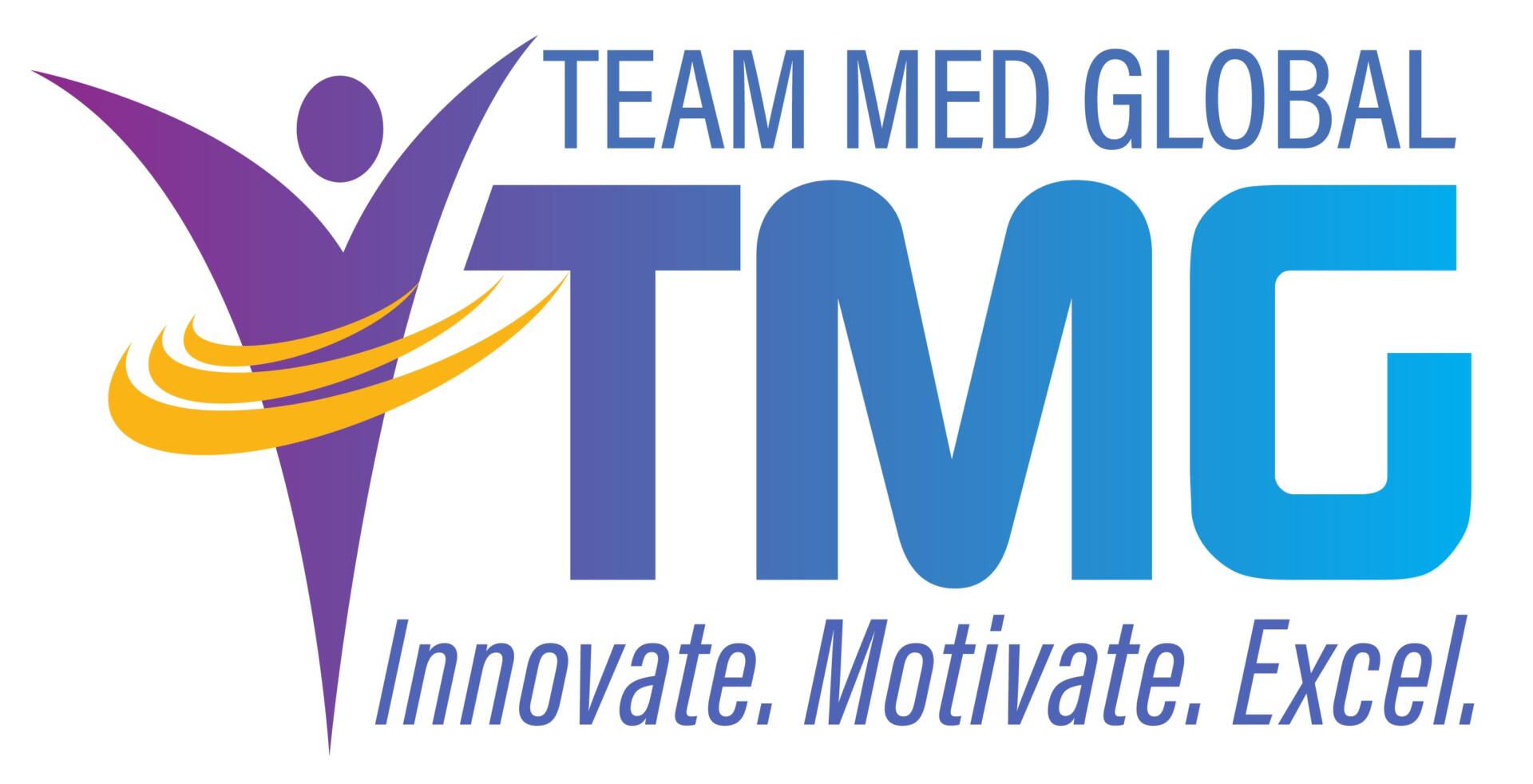 MSPs are at the vanguard of patient safety, but the responsibilities we shoulder can come with significant stress and emotional burden. The quest to stay positive, while essential, is not without its challenges.
MSPs are at the vanguard of patient safety, but the responsibilities we shoulder can come with significant stress and emotional burden. The quest to stay positive, while essential, is not without its challenges.
Why Strive for Positivity?
Positivity in the workplace, especially in high-stress environments like healthcare, is more than just feeling good. It’s about creating a mindset that helps to manage stress, foster teamwork, and improve problem-solving capabilities. A positive attitude can lead to better job satisfaction, increased productivity, and even better physical health. However, it’s crucial to distinguish between genuine positivity and forced cheerfulness.
The Pitfall of Toxic Positivity
Positivity is an asset, but toxic positivity can be disastrous. When we value positivity above authenticity, we can deny, minimize, and invalidate our emotional experience. In MSP roles, where the stakes are high and the pressure is constant, succumbing to toxic positivity can lead to dismissing genuine feelings of stress and burnout. It’s important to recognize that it’s okay not to be okay and that acknowledging struggles is not a sign of weakness.
Finding Balance in Positivity
The key is to find balance. Embrace positivity as a tool for resilience, not as a mask to cover up challenges. Allow yourself and your colleagues to express a range of emotions. This approach fosters a more authentic, supportive work environment.
Building Emotional Resilience
Resilience is your ability to bounce back from stress and adversity. Building resilience is not about eliminating stress but learning to deal with it effectively. Develop coping strategies, such as mindfulness, meditation, or even simple breathing exercises. These techniques can help you stay grounded and reduce anxiety in high-pressure situations.
Creating a Culture of Open Communication
A workplace culture that promotes open communication can be a powerful antidote to stress. Encourage discussions about both challenges and successes. This openness not only helps by sharing the burden but also by finding collective solutions to common problems.
The Importance of Boundaries
Setting boundaries is crucial for mental well-being. This could mean learning to say no when your workload exceeds your capacity, or ensuring that work does not encroach upon your personal time. Boundaries help prevent burnout and ensure that work is sustainable in the long run.
Prioritizing Mental Health
Given the demanding nature of MSP roles, prioritizing mental health is non-negotiable. This could mean seeking professional help when needed, or simply ensuring regular check-ins with yourself. Recognize the signs of burnout and take proactive steps to address them.
Developing a Self-Care Routine
Self-care is not a luxury; it’s a necessity. Develop a routine that includes activities that rejuvenate you, whether it’s a hobby, exercise, or spending time with loved ones. Remember, taking care of yourself is not selfish; it is essential for you to be effective in your role.
For MSPs, the journey to maintain positivity is complex and nuanced. It’s about finding a balance between staying optimistic and acknowledging the realities of your job. Remember, positivity is not about ignoring the negatives; it’s about facing them with a mindset that seeks solutions and fosters resilience. By acknowledging the challenges, embracing genuine positivity, and practicing self-care, you can navigate the demanding world of healthcare administration with strength and grace. Your role is crucial, and so is your well-being. By taking care of yourself, you are better equipped to take care of everything else that your job demands.

